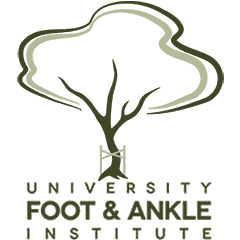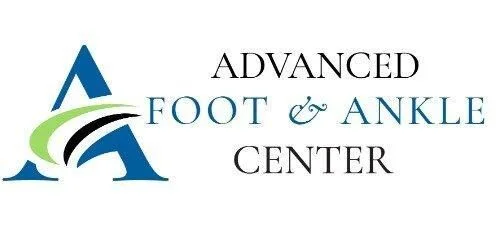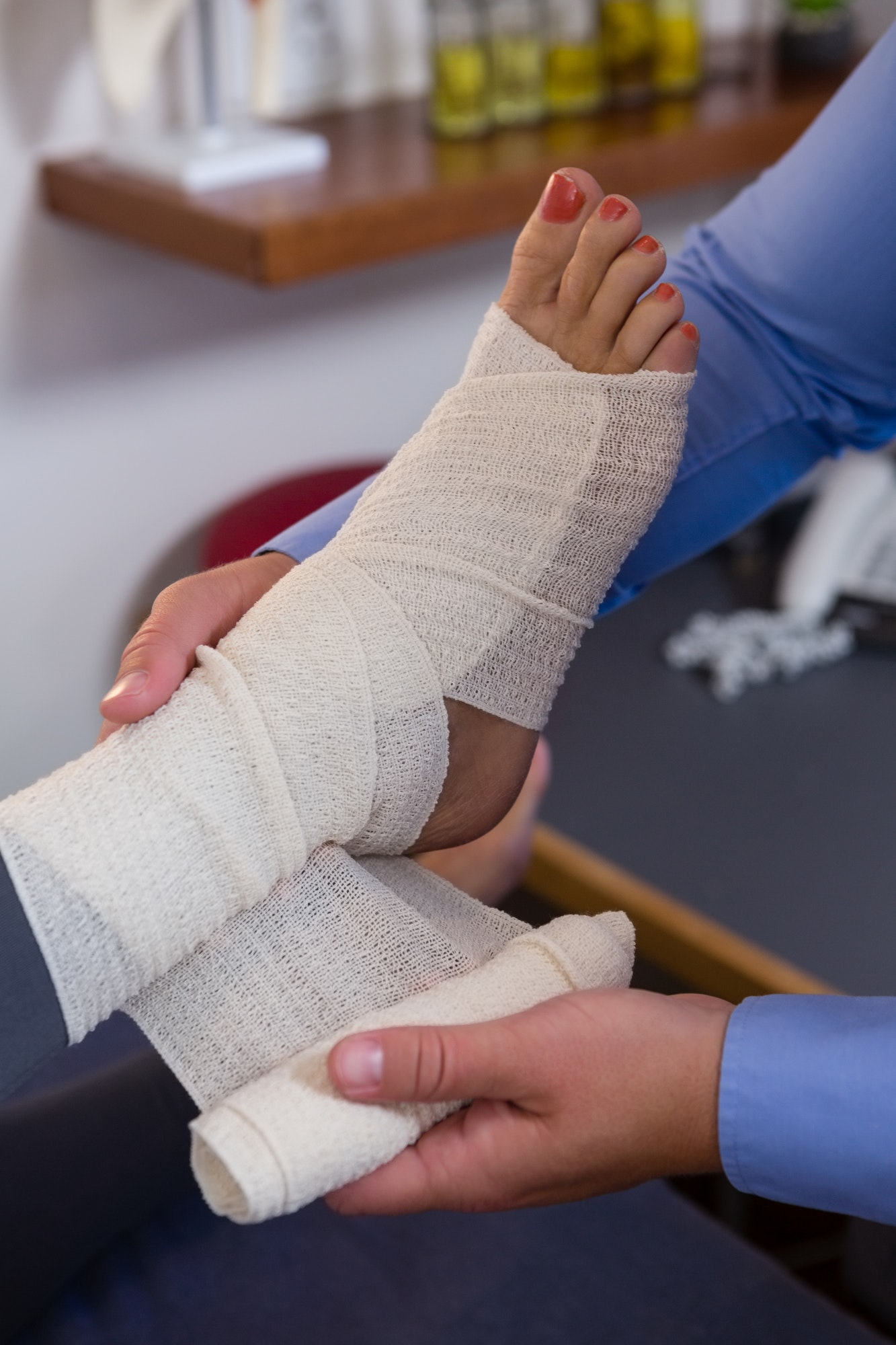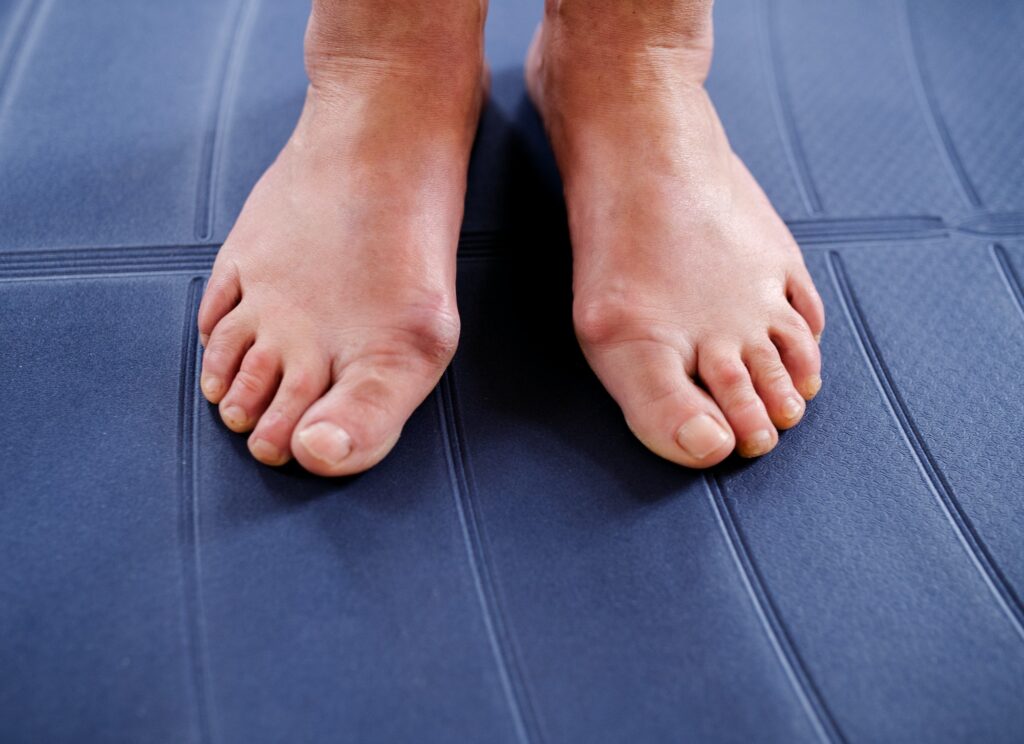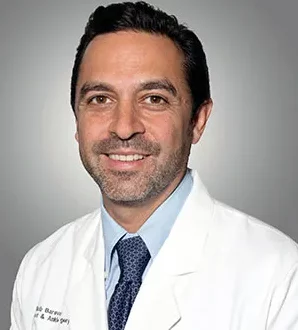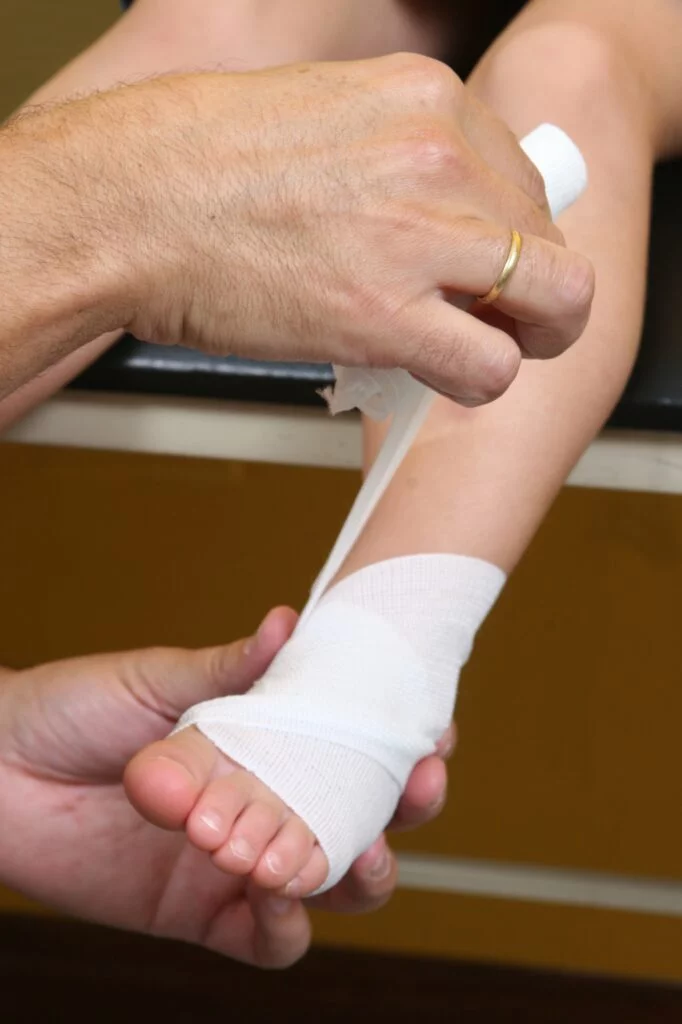Table of Contents
Lapiplasty Bunion Surgery: A Revolutionary Approach to Bunion Correction
Understanding Bunions
A bunion is a bony bump that forms at the base of the big toe joint. It occurs when the first metatarsal bone shifts out of alignment, causing the big toe to lean inward. Common causes of bunions include:
- Genetics – A family history of bunions increases the risk.
- Improper Footwear – Tight, narrow shoes or high heels can contribute to bunion formation.
- Arthritis – Joint conditions can lead to bunion development.
- Foot Structure – Some people are more prone to bunions due to their natural foot anatomy.
Common symptoms include pain, swelling, redness, difficulty walking, and restricted movement of the big toe.
What Is Lapiplasty Bunion Surgery?
Benefits of Lapiplasty Bunion Surgery
Patients who undergo Lapiplasty bunion correction experience several advantages, including:
- Comprehensive Correction – Fixes the bunion in all three dimensions rather than just shaving the bump.
- Reduced Risk of Recurrence – The root cause is addressed, preventing the bunion from returning.
- Faster Recovery – Many patients walk in a surgical boot within a few days.
- Stronger, More Stable Foot – Titanium plates ensure a durable, long-lasting correction.
- Minimally Invasive Approach – Smaller incisions lead to less scarring and a quicker return to normal activities.
The Lapiplasty Procedure: What to Expect
Lapiplasty surgery is performed as an outpatient procedure under local or general anesthesia. The process includes:
- Small Incisions – The surgeon makes small incisions to access the misaligned metatarsal bone.
- 3D Realignment – The metatarsal bone is rotated and repositioned into its correct alignment.
- Internal Fixation – The bone is secured with titanium plates for permanent stability.
- Closure and Recovery – The incisions are closed, and a walking boot is applied.
The procedure typically takes about an hour, and most patients go home the same day.
Recovery and Rehabilitation
Lapiplasty offers a faster recovery compared to traditional bunion surgery. The general recovery timeline includes:
- First Two Weeks: Weight-bearing in a surgical boot, limited activity.
- Weeks 3-6: Transitioning to normal shoes, beginning light physical activity.
- Weeks 6-12: Progressive return to normal activities, including exercise.
- After 3 Months: Most patients resume full activity without restrictions.
Following your podiatrist’s rehabilitation plan ensures the best long-term outcome.
Who Is a Candidate for Lapiplasty?
You may be a good candidate for Lapiplasty if you:
- Experience persistent bunion pain and discomfort.
- Have difficulty walking or wearing normal shoes.
- Want a long-lasting bunion correction with reduced risk of recurrence.
- Have tried conservative treatments (orthotics, footwear changes) without success.
A consultation with a podiatrist can help determine if Lapiplasty surgery is right for you.
Why Choose University Foot & Ankle Institute?
Lapiplasty Bunion Surgery is a revolutionary solution for those suffering from painful, recurring bunions. By addressing the underlying cause, this innovative procedure provides long-term stability and faster recovery. If you’re considering bunion surgery, contact us to see if Lapiplasty is the best option for you.
At University Foot & Ankle Institute, our board-certified podiatrists offer expert care for conditions like bunions. We provide advanced treatment options, from conservative care to surgical solutions, ensuring personalized care for every patient.
Dr. Justin Franson, DPM, is a Board Certified Podiatric Foot and Ankle Specialist and Diplomate of the American Board of Podiatric Surgery. He attended the School College of Podiatric Medicine in Chicago, graduating in 2001. Dr. Franson then accepted a three-year residency program at the Greater Los Angeles VA and UCLA County Hospital.
Dr. Franson specializes in several areas including total ankle replacement and sports medicine. Treating athletes and weekend warriors like himself brings him a lot of joy. Dr. Franson keeps active with running marathons, triathlons, hiking, basketball, and golf.
Dr. Bob Baravarian DPM, FACFAS is a Board-Certified Podiatric Foot and Ankle Specialist. He is an assistant clinical professor at the UCLA School of Medicine and serves as Director of University Foot and Ankle Institute.
Dr. Baravarian has been involved in athletics his entire life and played competitive tennis in high school and college. He has an interest in sports medicine, arthritis therapy, and trauma/reconstructive surgery of the foot and ankle. He is also fluent in five languages (English, French, Spanish, Farsi, and Hebrew),
